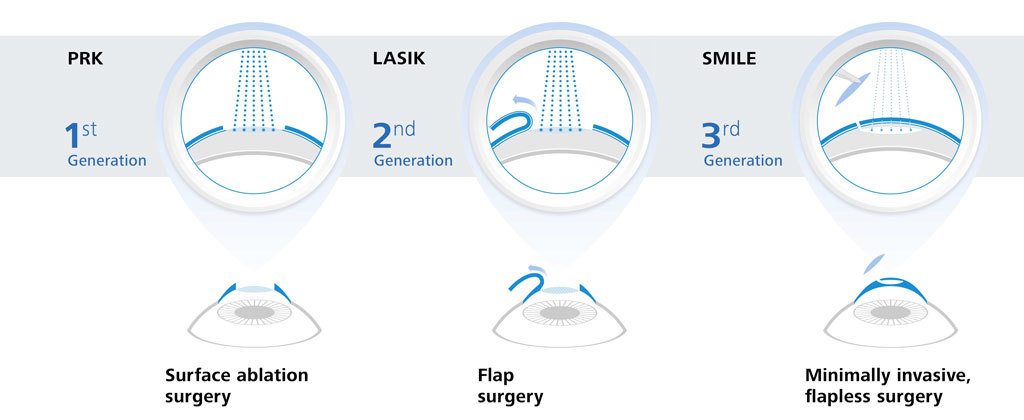After cataract surgical treatment, you may be excited to get back on the road, but security ought to be your top priority. Vision enhancement can vary, and it's important to follow your physician's guidance prior to driving again. Elements like your healing process and visual acuity play a huge function. So, what should you learn about the recuperation timeline and driving safely? Let's check out the guidelines that can help you browse this transition.
Comprehending the Recovery Timeline
After cataract surgical procedure, you'll likely ask yourself the length of time it will require to fully recoup and when you can securely come back behind the wheel.
Typically, you'll notice enhanced vision within a few days, however full recovery can take several weeks. Throughout the first few days, you may experience some blurriness, level of sensitivity to light, or moderate discomfort. These symptoms need to slowly diminish.
https://www.dovepress.com/the-role-of-corneal-biomechanics-in-the-assessment-of-ectasia-suscepti-peer-reviewed-fulltext-article-OPTH advise waiting at the very least a week prior to driving, yet pay attention to your medical professional's guidance. They'll evaluate your recovery procedure and visual acuity to establish when you're ready.
Aspects Influencing Your Ability to Drive
Your ability to drive after cataract surgical procedure relies on a number of key variables that can substantially impact your vision and confidence when driving.
Initially, your recovery procedure plays an important function; some individuals recover faster than others.
Next off, the type of intraocular lens (IOL) utilized can influence your aesthetic clearness, especially at night.
Additionally, any pre-existing eye conditions, like glaucoma or macular degeneration, can affect your post-surgery vision.
https://lensx-laser21975.ourcodeblog.com/36663344/a-detailed-roadmap-for-your-cataract-surgical-treatment-preparation and any drugs you're taking may additionally affect your performance and reaction time.
It's necessary to analyze your convenience level and vision quality before getting behind the wheel.
Consulting your optometrist is critical to identify when it's secure for you to drive again.
Tips for Driving Securely After Surgical Treatment
Although many people feel anxious to come back when traveling, it's crucial to focus on safety after cataract surgical procedure.
First, wait on your medical professional's clearance prior to driving once again; they know when you're ready. When you do start driving, select acquainted courses during daylight hours to reduce challenges.
Keep your sunglasses convenient to protect your eyes from glow. Readjust your mirrors for optimum visibility and stay clear of disturbances like your phone or loud songs.
If you discover any kind of sudden changes in your vision, do not think twice to pull over securely. Also, take into consideration practicing in a parking lot to regain self-confidence prior to striking more busy roads.
Verdict
Finally, driving after cataract surgical procedure calls for mindful factor to consider and patience. Constantly prioritize your security and wait on your physician's clearance prior to hitting the trail. As your vision boosts, stay with acquainted courses and practice during daylight hours. Bear in mind to wear sunglasses to minimize glare and stay sharp for any changes in your vision. By complying with these standards, you can develop your self-confidence and guarantee a safe driving experience as you recuperate.
